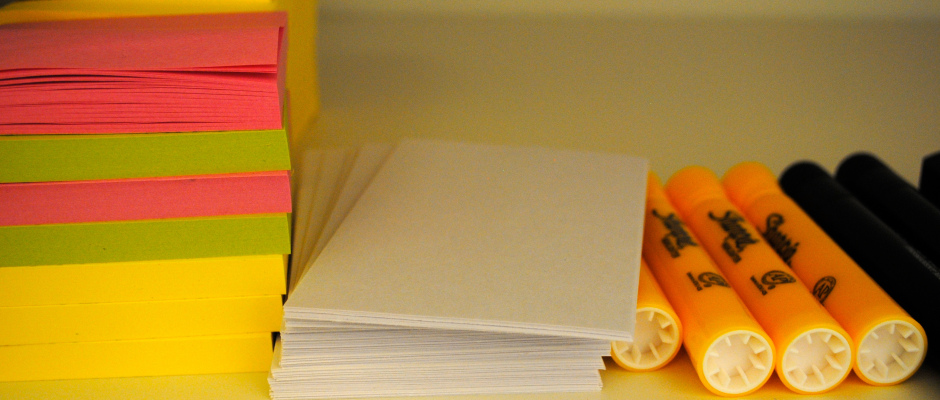The truth is most students are not able to memorize every single word of a teacher’s lecture without devoting time to the material outside of class. Because of this, students must use time at home or in the library in order to learn their material. Though it may seem boring or tedious, students must study. Efficiency and effectiveness of study methods differ between pupils, but here are a few that seem to work across the board.
- Repetition – Rewriting the notes you took in class after the lecture is always a good way to better organize them and makes notes much easier to study from. Additionally, for active and visual learners, rewriting the same information more than once makes it easier to memorize.
- Review Cards! – From memorizing verbs and their conjugations for French class or leaders and their contributions to their country, flashcards are a great way to go. Cut out squares of paper, place terms on the front that you wish to memorize and their definitions on the back, next step: Quiz Yourself! Check out this printable template here.
- Study groups – Pairing up with two or three other students who are working hard toward the same goal can be beneficial. You can quiz each other, work problems out loud, and help explain tricky solutions. Bonus Tip: Be sure to stay on task! Study groups can easily develop into something distracting!
Don’t be afraid to experiment with different study places, styles, and techniques to find what works just right for you!
Good luck and Happy Studying!
Words to Know:
Efficiency = (noun) the use of time and energy in a good way, without wasting any
Beneficial = (adjective) helpful, useful, or good





